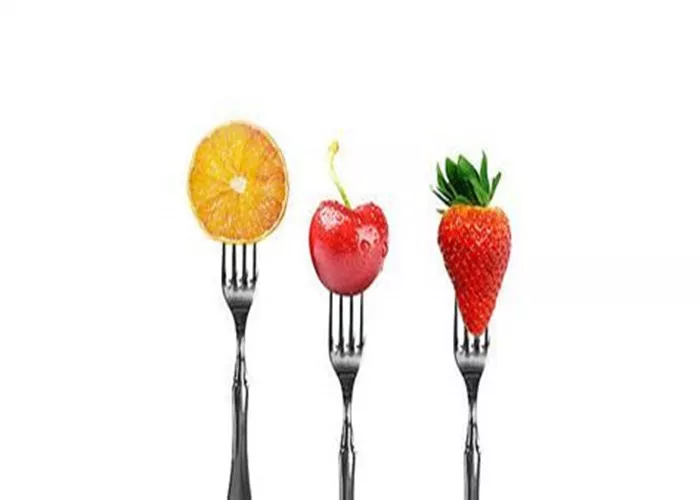When it comes to achieving optimal results from your workouts, nutrition plays a crucial role. While many people focus on the exercises themselves, the food you consume before, during, and after workouts can significantly impact your performance, recovery, and overall weight loss journey. This article will explore what you should eat when working out to fuel your body like a pro.
The Importance of Proper Nutrition
Proper nutrition is key to maximizing athletic performance. It not only provides the necessary energy for your workouts but also aids in recovery, reducing inflammation, and preserving muscle mass. Nutrition before a workout helps prepare your body for the physical activity, while nutrition during and after workouts supports sustained energy levels, muscle repair, and immune function.
Pre-Workout Nutrition
What you eat before a workout depends on the timing and intensity of your exercise. Ideally, you should consume a meal or snack that is rich in carbohydrates and contains a moderate amount of protein and healthy fats. Carbohydrates are your body’s preferred source of energy, and they help maintain blood sugar levels, which are essential for sustained energy during workouts.
For example, a bowl of oatmeal topped with nuts and fruits or a whole-grain wrap with lean protein like turkey or chicken breast can be ideal pre-workout meals. These foods provide a balanced mix of carbohydrates, protein, and healthy fats, ensuring that your body has the necessary nutrients to perform well.
During-Workout Nutrition
During long or intense workouts, it’s essential to replenish your body’s energy stores and maintain hydration. Hydration should be your top priority, especially if your workouts last two or more hours or are very intense. Water is crucial for regulating body temperature and transporting nutrients to your muscles.
However, you also need electrolytes, which are minerals like sodium and potassium that help maintain fluid balance and muscle function. A good baseline intake per hour is 500-750ml of water with dissolved electrolytes.
In addition to hydration, you should also consume carbohydrates during long workouts. Quick-absorbing carbs like glucose provide immediate energy without causing gastrointestinal distress. The baseline recommendation is 30-70g of carbs per hour, which you can adjust based on your individual needs and tolerance.
Protein intake during workouts is less critical for recreational athletes training for less than an hour. However, for endurance athletes or those looking to gain muscle mass, consuming protein during workouts can help preserve muscle mass and increase protein synthesis.
Post-Workout Nutrition
After a workout, your body needs nutrients to repair damaged muscles, replenish energy stores, and reduce inflammation. The window of opportunity for optimal nutrient absorption is within 30 minutes to an hour after exercise.
Post-workout meals should be rich in protein and carbohydrates in a ratio that suits your goals. For example, if you’re aiming to build muscle, a higher protein-to-carb ratio may be beneficial. On the other hand, if your goal is endurance, a balanced ratio may be more suitable.
Good post-workout food choices include lean proteins like chicken, fish, or tofu, paired with complex carbohydrates like sweet potatoes, quinoa, or brown rice. You can also add healthy fats like avocados or nuts to provide additional energy and nutrients.
Hydration and Electrolytes
As mentioned earlier, hydration is crucial during workouts. However, it’s not just about drinking water. You also need electrolytes to maintain fluid balance and muscle function. Electrolyte-rich foods and drinks can help replenish these minerals and support your workouts.
Some good sources of electrolytes include bananas, spinach, sweet potatoes, and coconut water. You can also find electrolyte supplements designed for athletes, which can be a convenient way to ensure you’re getting enough of these essential minerals.
Balancing Macronutrients
Achieving a balanced intake of macronutrients—carbohydrates, proteins, and fats—is essential for overall health and weight loss. While carbohydrates are important for energy, proteins are crucial for muscle repair and growth, and fats are necessary for cell function and hormone production.
When planning your meals and snacks, aim for a balanced intake of these macronutrients. For example, a meal that includes a lean protein source, a complex carbohydrate, and a healthy fat provides a well-rounded mix of nutrients that support your workouts and overall health.
Considering Individual Needs
It’s important to note that everyone’s nutritional needs are unique. Factors like age, gender, body composition, and activity level can all affect your nutrient requirements. Therefore, it’s essential to listen to your body and adjust your diet accordingly.
If you’re unsure about your individual nutritional needs, consider consulting a registered dietitian or a nutrition coach. They can help you develop a personalized nutrition plan that aligns with your goals and supports your workouts.
The Role of Diet in Weight Loss
While exercise is important for overall health and weight loss, diet plays an even more crucial role. As the saying goes, “You can’t out-exercise a bad diet.” This means that no matter how much you exercise, if you’re consuming more calories than you’re burning, you won’t lose weight.
Therefore, it’s essential to focus on your diet in addition to your workouts. This involves eating nutrient-dense foods, controlling portion sizes, and avoiding processed and high-calorie foods. By combining a healthy diet with regular exercise, you can achieve optimal results in your weight loss journey.
Conclusion
In conclusion, proper nutrition is essential for maximizing your workout performance and supporting your weight loss goals. By focusing on balanced macronutrient intake, hydrating properly, and considering your individual needs, you can fuel your body like a pro and achieve your fitness and weight loss objectives.
Remember, diet and exercise go hand in hand. While exercise is important, diet plays an even more crucial role in weight loss. By making informed choices about what you eat before, during, and after workouts, you can take your fitness journey to the next level.
Related topic:


